Microsoft patents Cloud-offloaded GPS
3 min. read
Published on
Read our disclosure page to find out how can you help MSPoweruser sustain the editorial team Read more
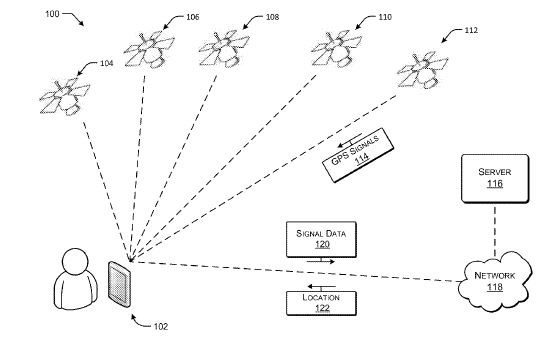
Location-aware systems are becoming increasingly useful on our phones, as can be seen with apps like Cortana, which can give you location-based reminders.
Getting a GPS fix however can be time consuming and use a lot of battery power, due to the calculations which are needed to compare the different satellite signals and compute your location.
As the patent states:
[0001] Global positioning systems (GPS) typically consist of a device including a GPS receiver and multiple GPS satellites. The GPS receiver is configured to receive and decode GPS signals broadcast from the GPS satellites in order to determine a location of the device. Each of the GPS satellite signals are transmitted with a satellite-specific encoding, which can be used by a GPS receiver to identify the broadcasting GPS satellite. The GPS receiver is able to calculate the location of the device by decoding the satellite signal, identifying the broadcasting GPS satellites, and performing a series of computations on the data extracted from the decoded signals.
[0002] Many devices today include GPS receivers and support applications that provide location based services. Typically, the GPS systems samples a GPS signal in the range of 30 seconds in order to accurately decode the GPS signal and identify the broadcasting GPS satellites. Unfortunately, sampling GPS signals is a power intensive process and many location-based applications available today on mobile devices require regular or continuous location sensing. Thus, while GPS receivers often provide the most accurate and reliable location information available to a mobile device, it is often the case that other sources are preferred. For example, mobile devices may obtain the location information from one of a variety of sources, including GPS receivers, cell-tower signals, FM radio signals, and/or WiFi signatures.
Microsoft has now patented a method of off-loading these calculations to the cloud, which should save both time and battery power.
The application states:
Some implementations provide low power reduced sampling of global positioning system (GPS) locations. A server may be configured to assist a mobile device in determining a location from a plurality of small GPS signal chunks and corresponding time stamps. For instance, the server may identify a set of satellites from each of the GPS signal chunks and by comparing the set of satellites for each of the GPS signal chunks to each other to determine a second set of satellites. The server may then estimate a location of the mobile based on the second set of satellites.
The patent would off-load much of the battery intensive work to cloud, which in the future could mean actual continuous tracking and less overheated phones.
Read the full patent at the USPTO here.


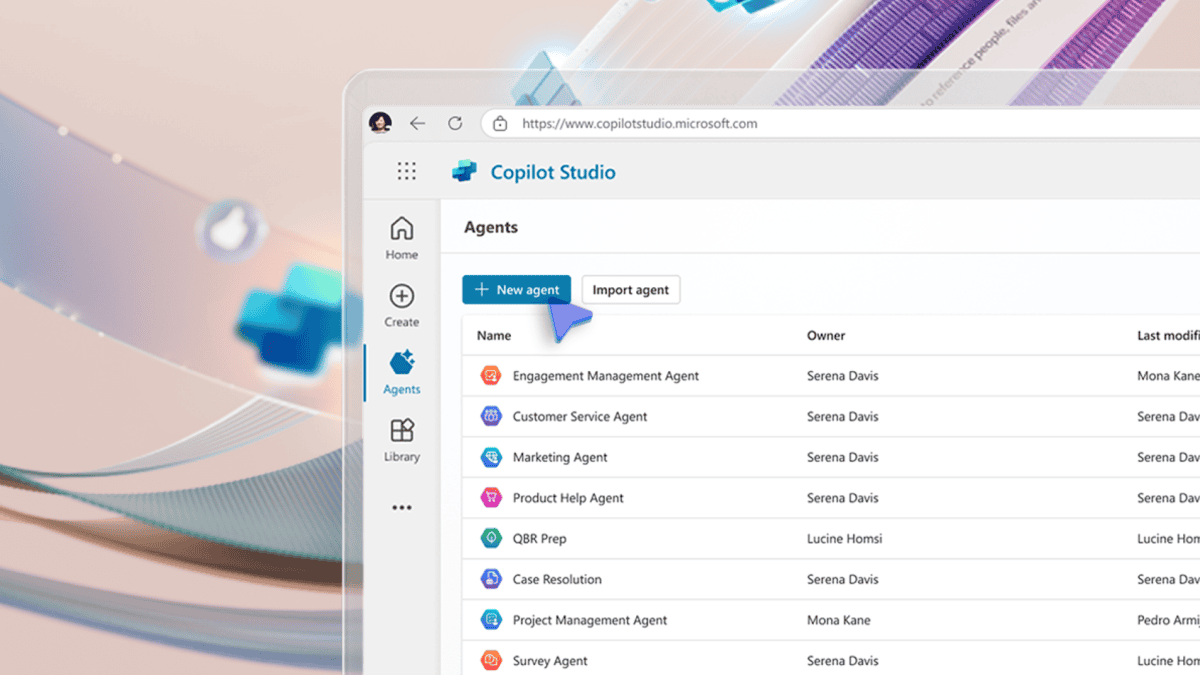
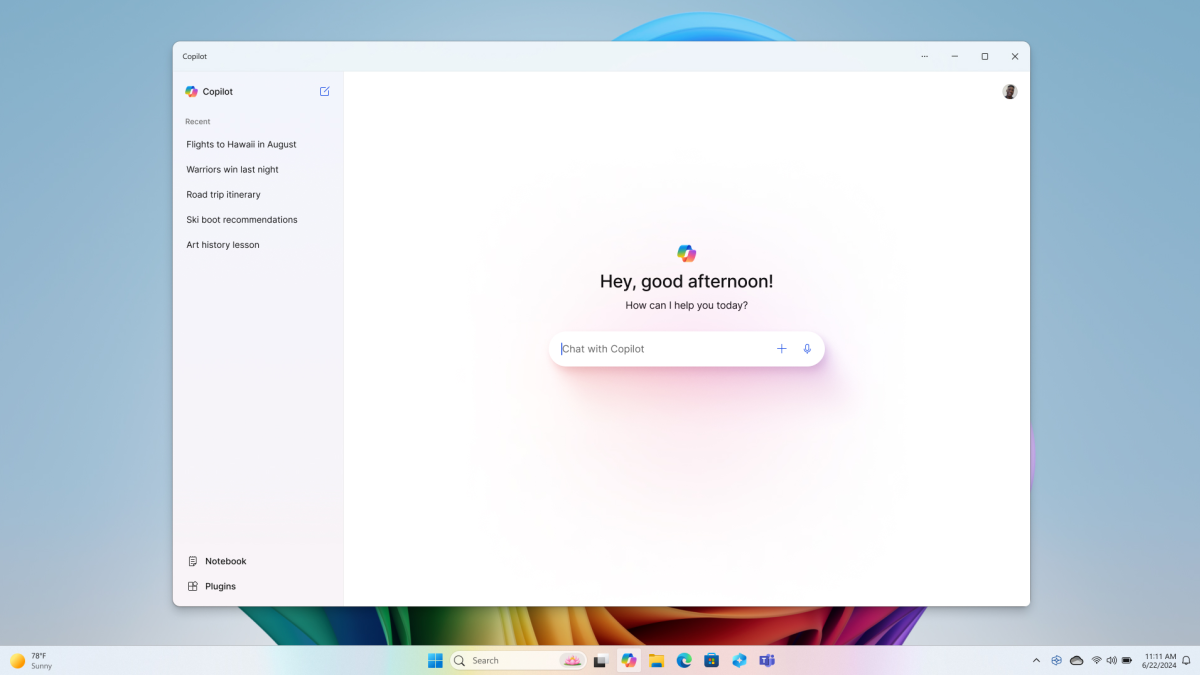
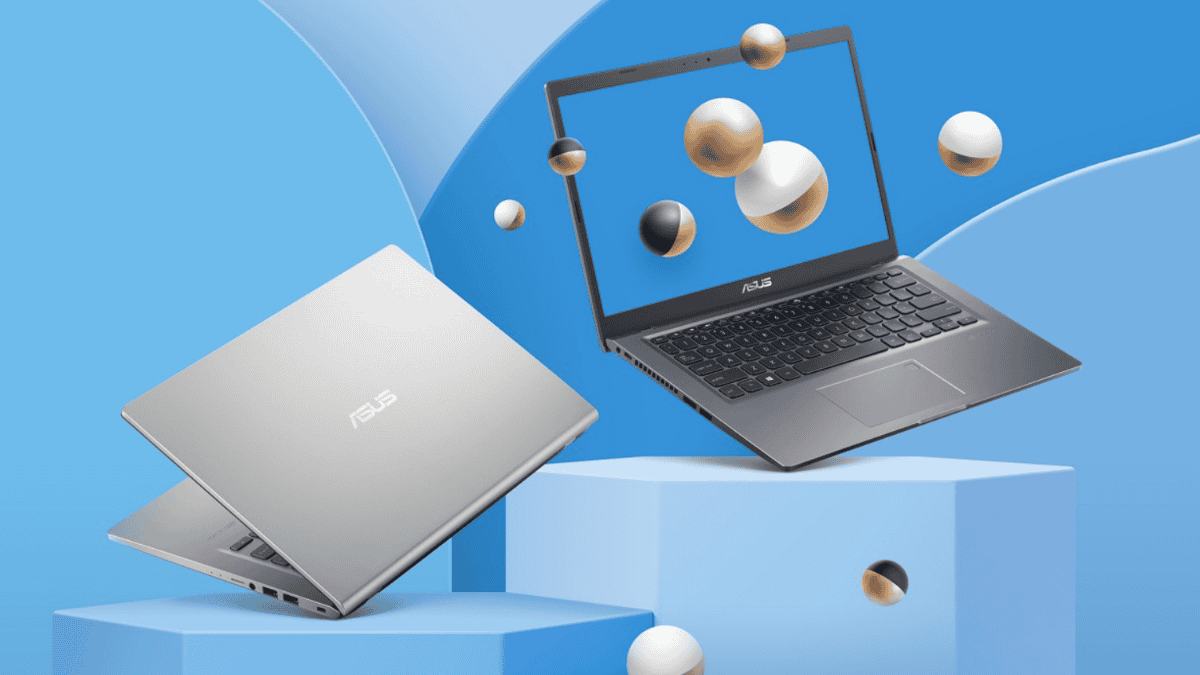

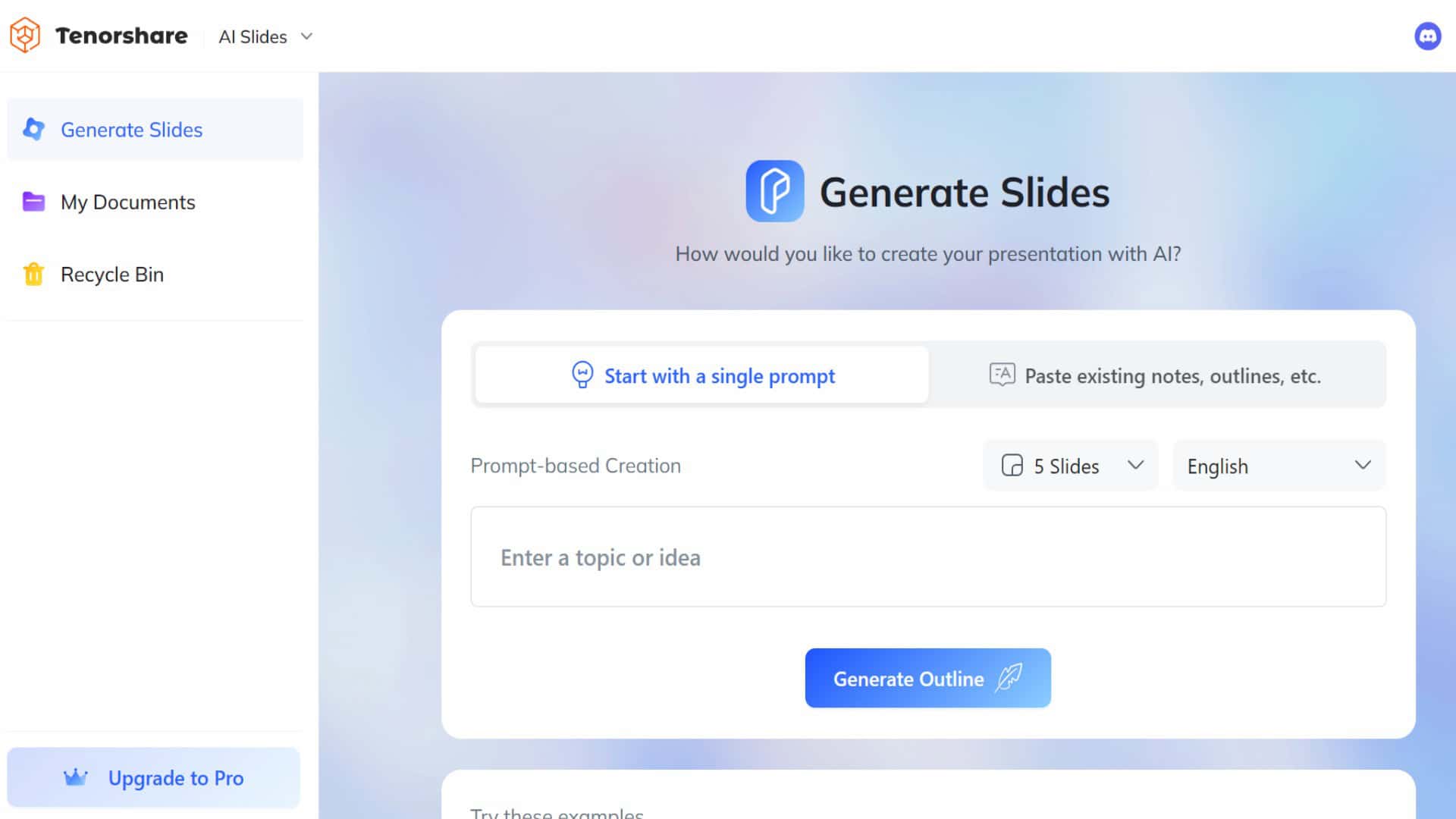

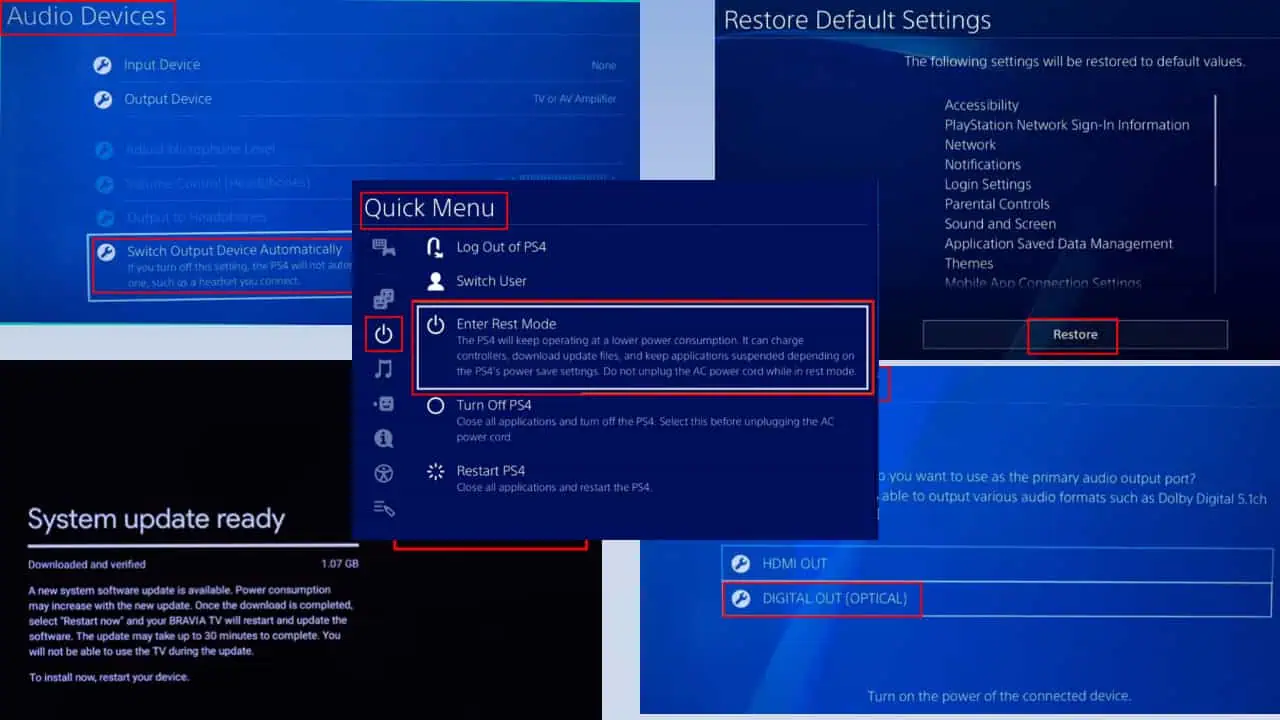
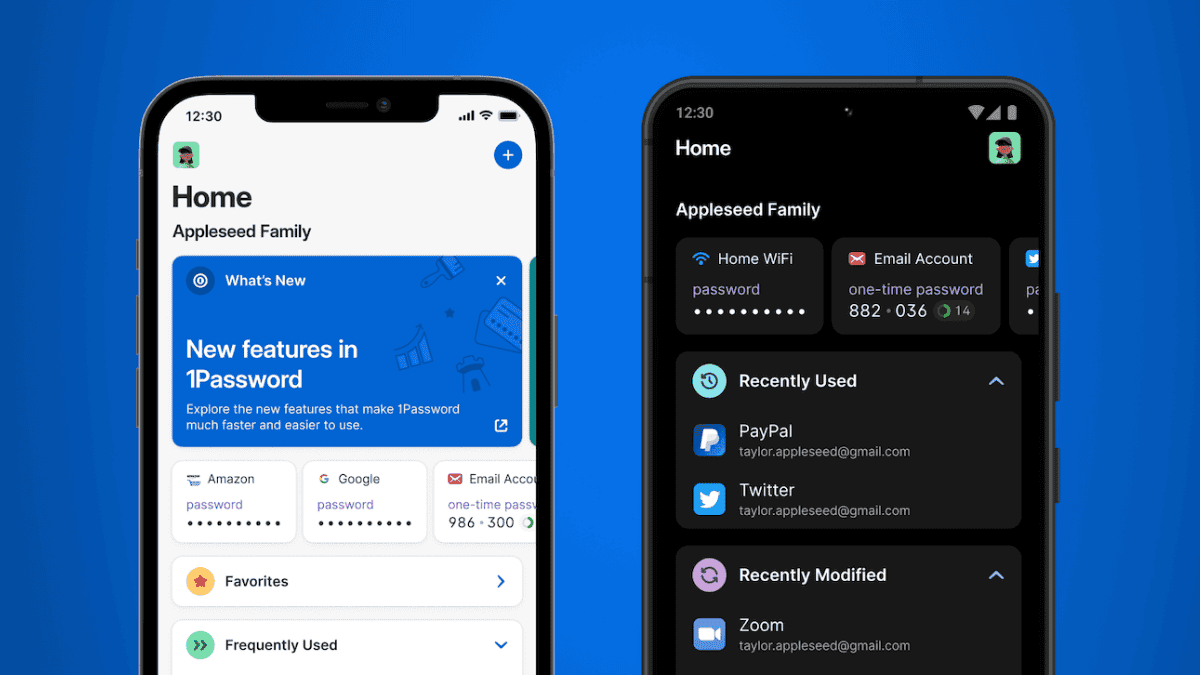
User forum
0 messages